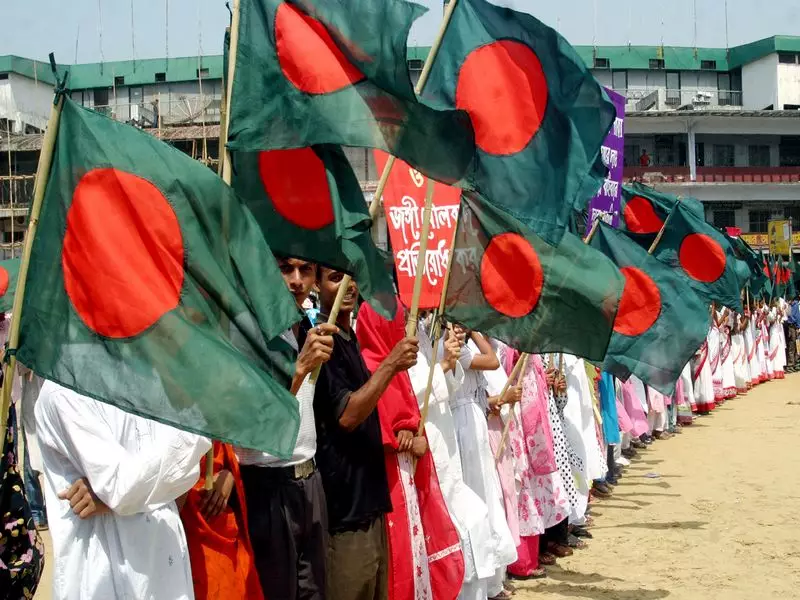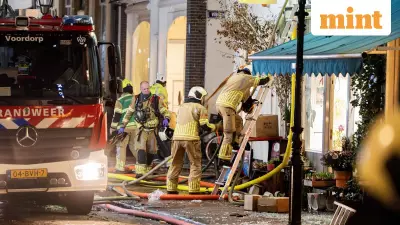
Bangladesh has deployed massive security forces across the nation as the country braces for a crucial court verdict in a corruption case involving former prime minister Sheikh Hasina. The developments come amid a nationwide shutdown called by opposition parties, creating heightened tension throughout the South Asian nation.
Nationwide Security Measures Implemented
Authorities have taken extraordinary precautions to maintain law and order ahead of the court's decision. Security has been significantly tightened around the Special Judge's Court in Dhaka's Bakshibazar area, where the verdict is expected to be delivered. Armed police and paramilitary forces have established multiple checkpoints and barricades in the capital city.
The security blanket extends beyond Dhaka, with similar measures implemented in other major urban centers. Public transport services have been largely suspended in response to the opposition-called hartal (shutdown), leaving many commuters stranded. The government has warned that it will take strict action against anyone attempting to disrupt public order during this sensitive period.
Political Context and Case Background
The case centers on allegations that Sheikh Hasina, who served as prime minister from 1996 to 2001, extorted Tk 80 lakh (approximately 8 million takas) from a business owner during her tenure. The charges specifically relate to the Noakhali Power Plant project, with prosecutors alleging that the funds were illegally obtained through coercion.
This legal proceeding occurs against the backdrop of ongoing political friction between Hasina's Awami League and the opposition Bangladesh Nationalist Party (BNP). The BNP has called for the nationwide shutdown to protest what they describe as politically motivated cases against their leadership. The verdict timing coincides with increased political tensions ahead of upcoming national elections.
Impact on Daily Life and Economic Activity
The combination of tightened security and opposition-called shutdown has significantly disrupted normal life across Bangladesh. Schools, businesses, and government offices have reported reduced attendance as many citizens choose to remain indoors. Transportation networks have been particularly affected, with long-distance bus services operating at minimal capacity and many private vehicles staying off the roads.
Marketplaces that would typically be bustling with activity have seen substantially fewer customers. The economic impact is expected to be considerable, with business organizations estimating losses running into billions of takas. Essential services continue to function, though with enhanced security protocols in place.
International observers are closely monitoring the situation, with several embassies issuing advisories to their citizens in Bangladesh. The United Nations has called for restraint from all parties involved, emphasizing the importance of peaceful resolution and respect for judicial processes.
As the nation awaits the court's decision, the atmosphere remains tense but largely peaceful. The coming hours will be crucial in determining whether Bangladesh navigates this political juncture without significant violence or prolonged instability.





